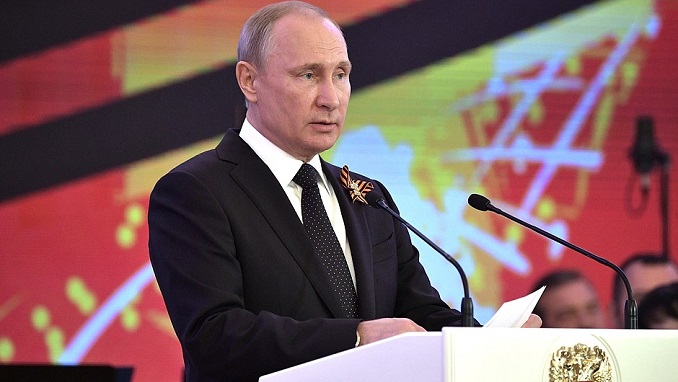Russia’s President Vladimir Putin has approved a controversial law allowing the country to “provide stable operation of the Russian Internet (Runet) in case it is disconnected from the global infrastructure of the World Wide Web,” state-run news agency TASS reported.
Under the legislation, the government would deal with “threats to the stable, safe and integral operation of the Russian Internet on Russian territory” by centralizing “the general communications network.”
Put more simply, the law sets in train plans for an alternative domain name system (DNS) for Russia in the event that it is disconnected from the World Wide Web, or, one assumes, in the event that its politicians deem disconnection to be beneficial. Internet service providers (ISPs) would be compelled to disconnect from any foreign servers, relying on Russia’s DNS instead, according to Russian media.
A recent poll showed that the majority of Russians oppose the law. Russia’s state media regulator, Roskomnadzor, and its leading technology companies, on the other hand, have expressed support for the move.
The new law would provide for central control of all internet traffic, and in essence, remove the need for data to be sent to and received from overseas servers. Critics argue that this control would clearly allow the government to introduce traffic monitoring and stark censorship of sites that could be visited by Russian users.
According to the Moscow Times, “Russia reportedly carried out drills in mid-2014 to test the country’s response to the possibility of its internet being disconnected from the web… The secret tests reportedly showed that isolating the Russian internet is possible, but that ‘everything’ would go back online within 30 minutes.”
The Financial Times commented that “the bill, which goes into force on November 1, requires internet service providers to filter all traffic through special nodes under the control of Roscomnadzor, the Kremlin’s internet censor. The Kremlin will compel ISPs and other communications services to test the system at an unspecified time later this year.”












